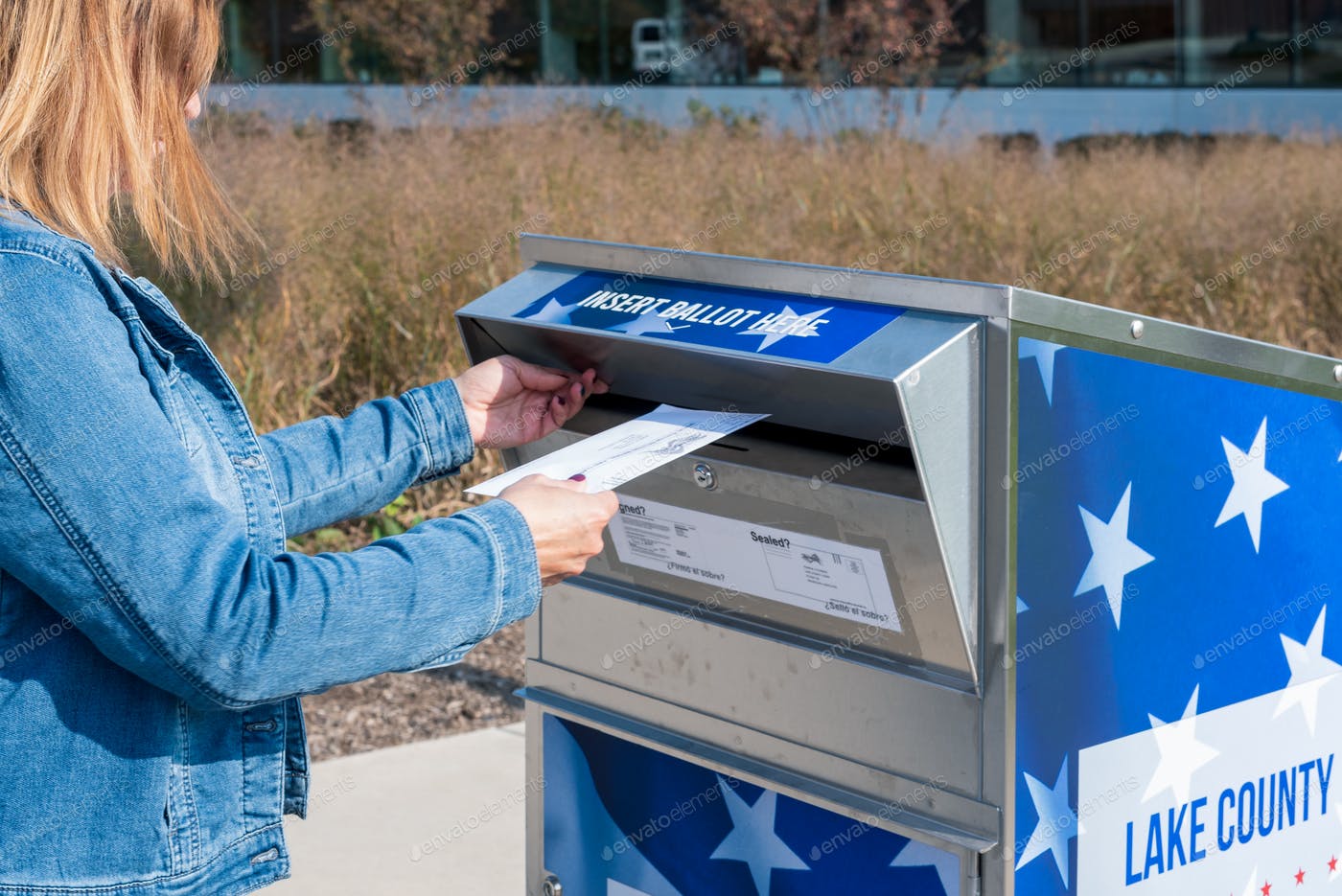By Howard Fischer | Capitol Media Services
Voting rights groups can contest a 2021 state law that eliminates the state’s permanent early voting list.
In a 60-page ruling, U.S. District Court Judge Dominic Lanza said challengers had presented enough information to show that the measure violates the federal Voting Rights Act. That ranges from the fact that minorities are more likely to be affected by the law to historical patterns of discrimination and even a statement by a Fountain Hills Republican lawmaker which the judge said could be seen as proof the legislature approved the change for a racially discriminatory purpose.
None of this means that Mi Familia Vota and others will succeed in overturning the statute. But it does guarantee they will get their day in court.
SB 1485, the 2021 law Lanza is allowing to be challenged, spells out that if someone does not return an early ballot in at least one of four prior elections — meaning a primary and a general election in two successive years — that person is dropped from what would no longer be called the permanent early voting list.
They still could sign up again to get early ballots. And they could still go directly to the polls on Election Day, though that, by itself, would not count toward once again getting a ballot automatically by mail.
Proponents argued it is wasteful to continue to send out early ballots to people who, by virtue of their voting record, have shown little interest in regularly using them.
Lanza said the state claims that the cost of mailing each early ballot is $2 to $3. If the permanent early voting list is eliminated, the savings from printing and mailing could be $450,000 for every election cycle.
Challengers don’t dispute that the law would save money but argue it’s irrelevant to the question of the effect on minority voters.
Part of that, the judge said, is that Black and Hispanic Americans are more likely to be intermittent voters, as are low-income Americans.
Evidence presented by challengers says the result of the legislation is that while white Arizonans account for 71% of all registered voters, they will be just 54% of those removed. Conversely, 33% of all removals will be among Hispanics compared with the fact they are 19% of registered voters.












